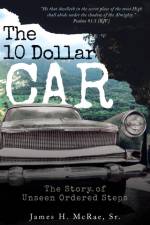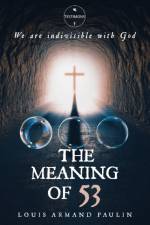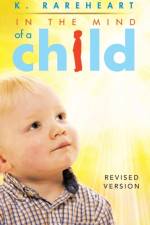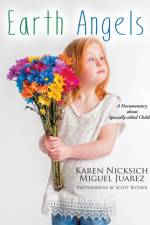av James H. McRae
357
"The 10 Dollar Car", by James H. McRae, Sr. is a book written to his children concerning faith, hope, promise and fulfillment. The sub-title of the book, "The Story of Ordered Steps" is taken from Psalm 37:23-24, where it is stated, "The steps of a good man are ordered by the LORD: and he delighteth in his way. Though he fall, he shall not be utterly cast down: for the LORD upholdeth him with his hand." During the author¿s junior year in college, he asked the Lord to provide the wife for him that He desired for him. Little did he know that the Lord had prepared the wife, the people who would introduce him to his wife, along with the time and location. "The Ten Dollar Car" would be the resource that the Lord would provide in order for the author to meet his wife. The book is a story of the many adventures in the author¿s life as the Lord guided him in ways that seem miraculous, in many instances, and brought people and resources into his life in order that the Lord would be glorified. A great foundation was provided as the Lord provided a stable home situation where the father and mother were both there even though in today¿s standards, it would appear that the author and his family were living in poverty. The final two years of college for the author were accomplished as he had no money to pay tuition or room and board. Resources in the form of people, places, and material things were always provided for the author to go from one point to the other by his Father. Obtaining, maintaining and driving a car that cost $10.00 was a major feat for the author to accomplish, however, his Father continued to, "....uphold him with His hand." Many of the adventures in the book are quite hilarious, however, the Lord was always there to make sure that the author was not, ".....utterly cast down." In order for the author to complete college, he held a full-time job working from 10:00 each evening until 6:00 each morning, five days each week. On the week-ends he also worked as a dishwasher at a local restaurant. He also played in the concert and marching bands at his college and this was the scholarship that paid for the final two years of the author¿s educational fees. Through it all, his steps were ordered by His Father who would not permit him to be utterly cast down and He upheld him with His hand. There is never a dull moment. Join the author in the adventures of, "The 10 Dollar Car" as he permitted the Lord to guide him in His steps. The Lord provided faith, hope, and promise in the life of the author and He always fulfills His promises. God bless....





